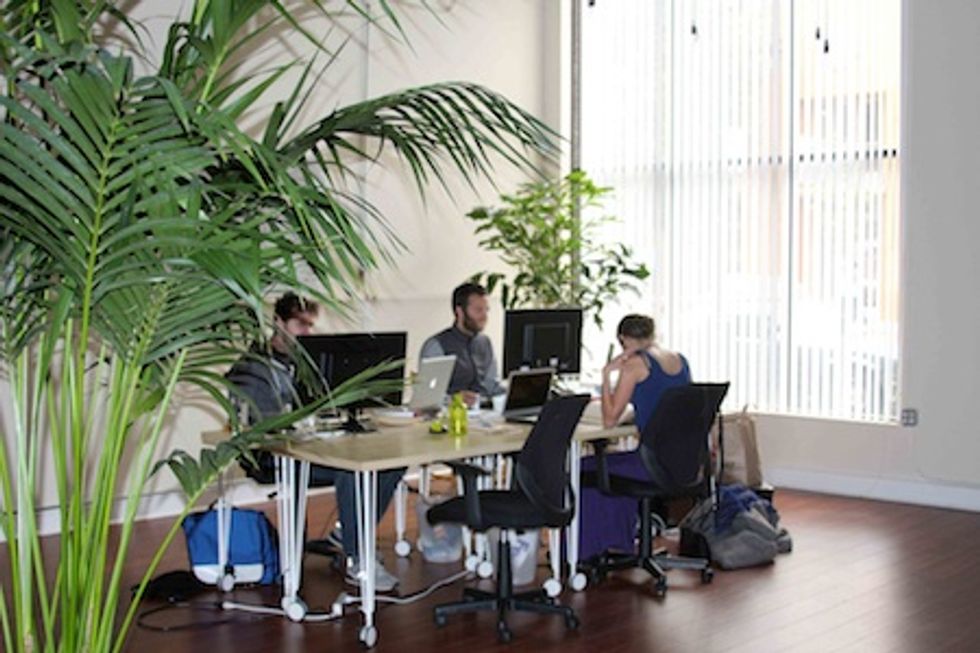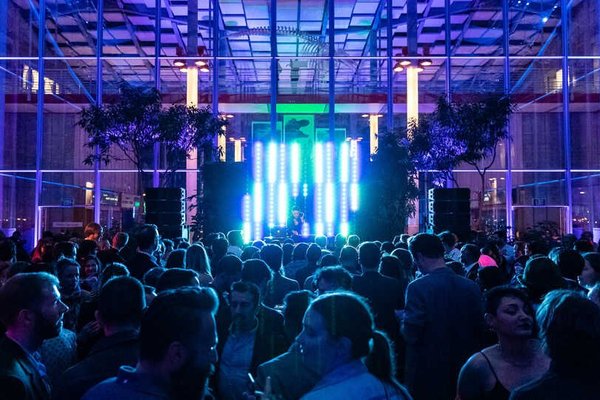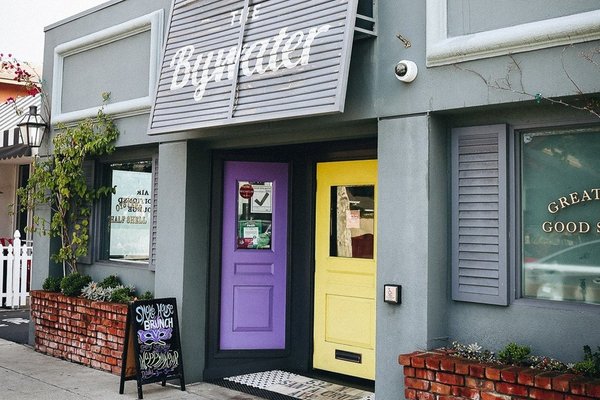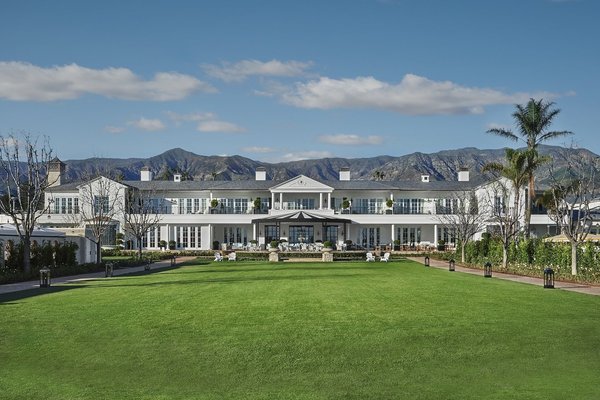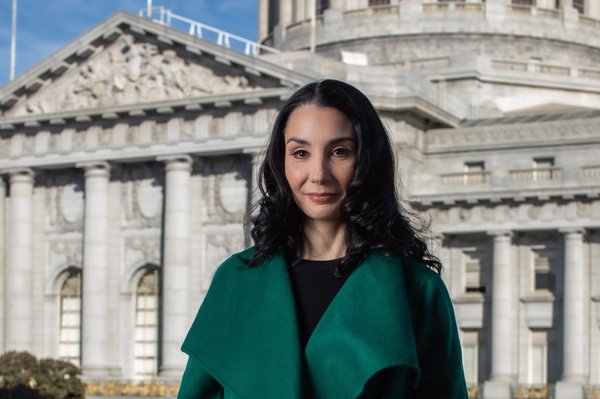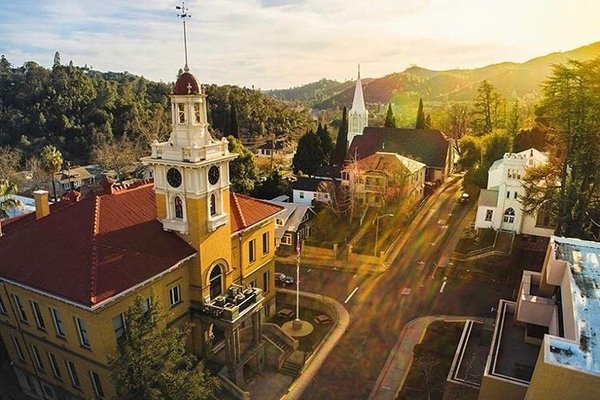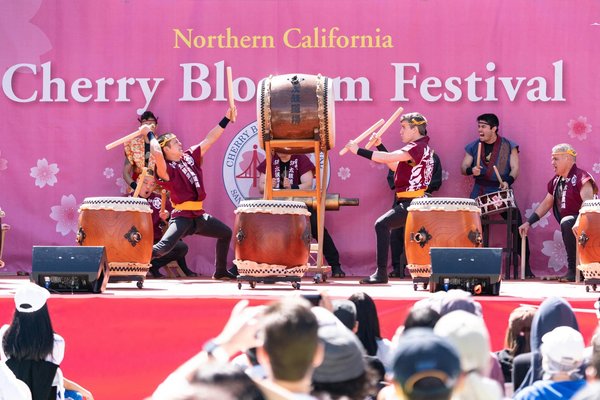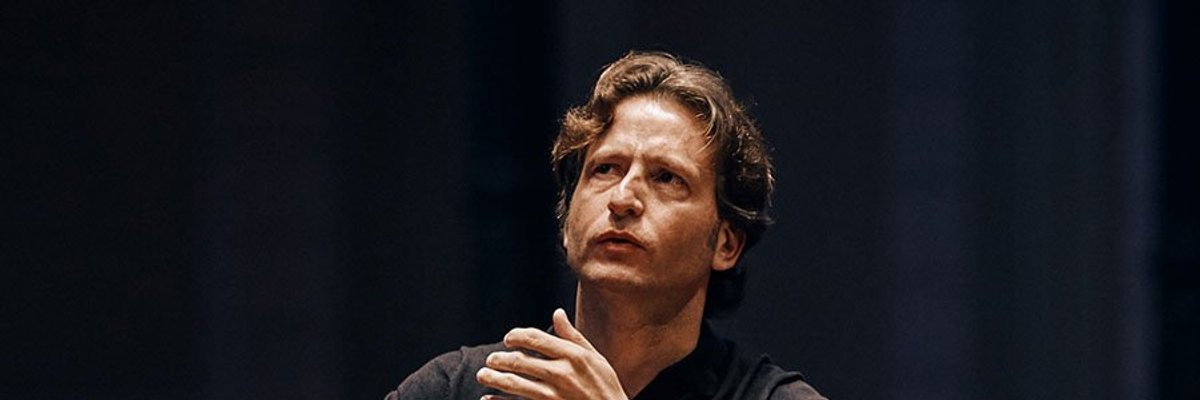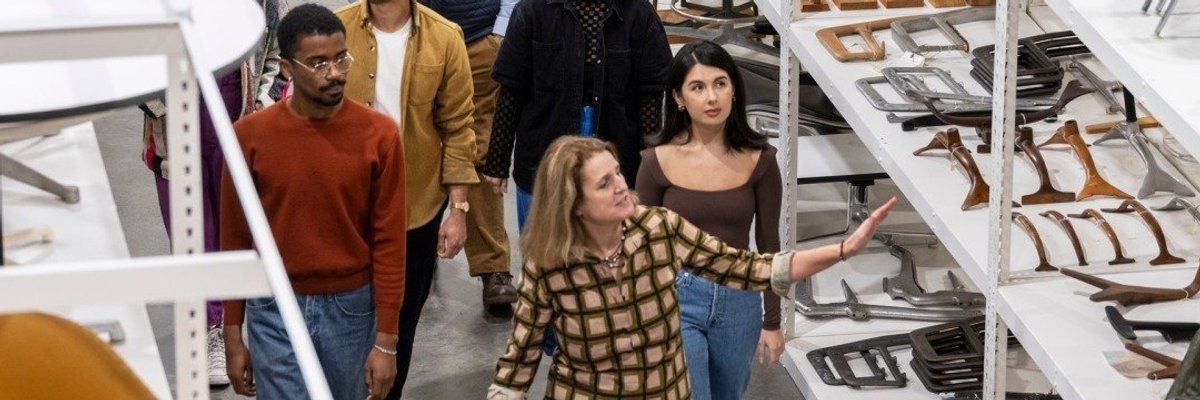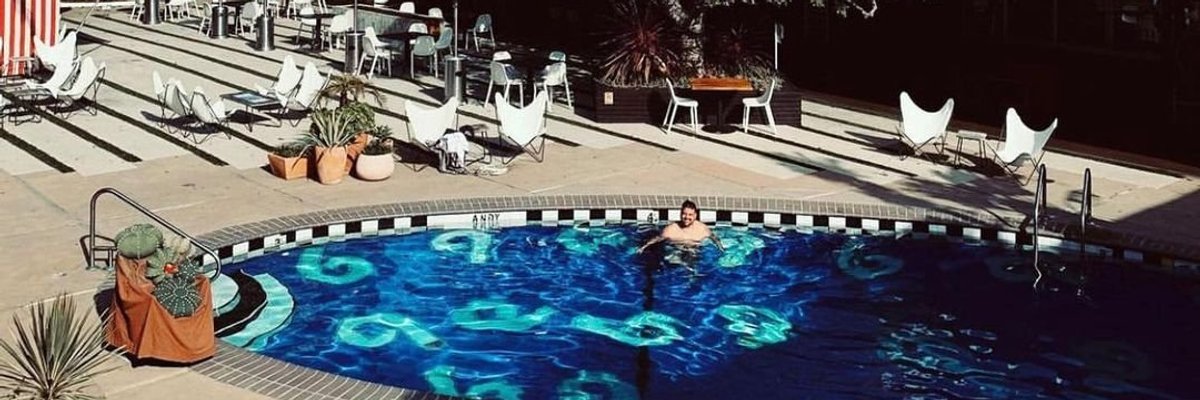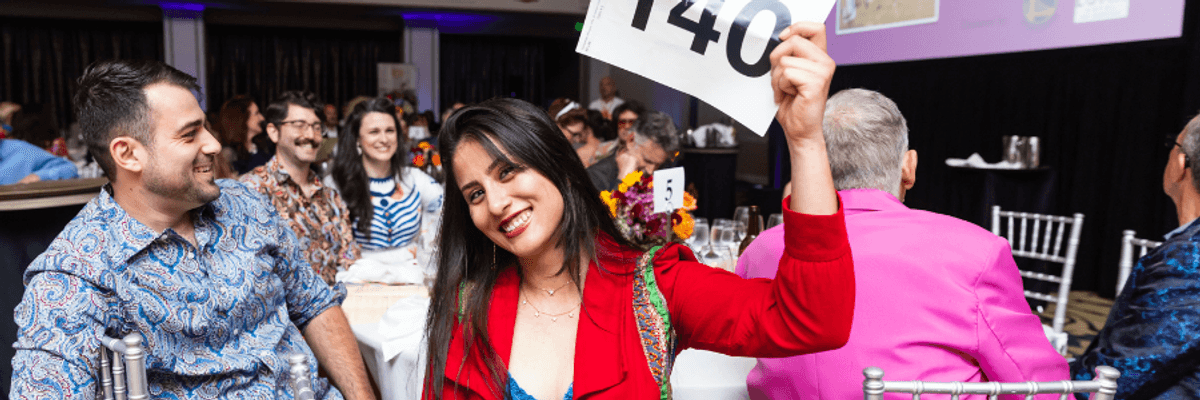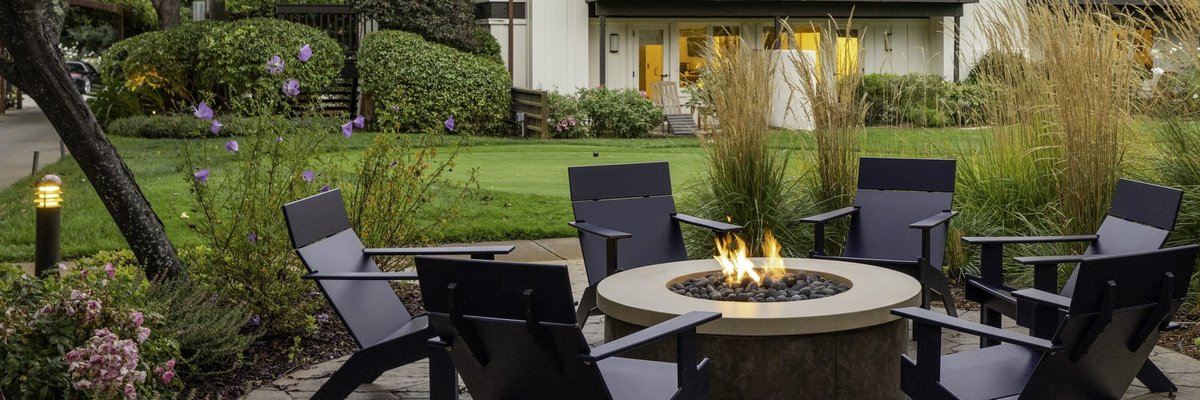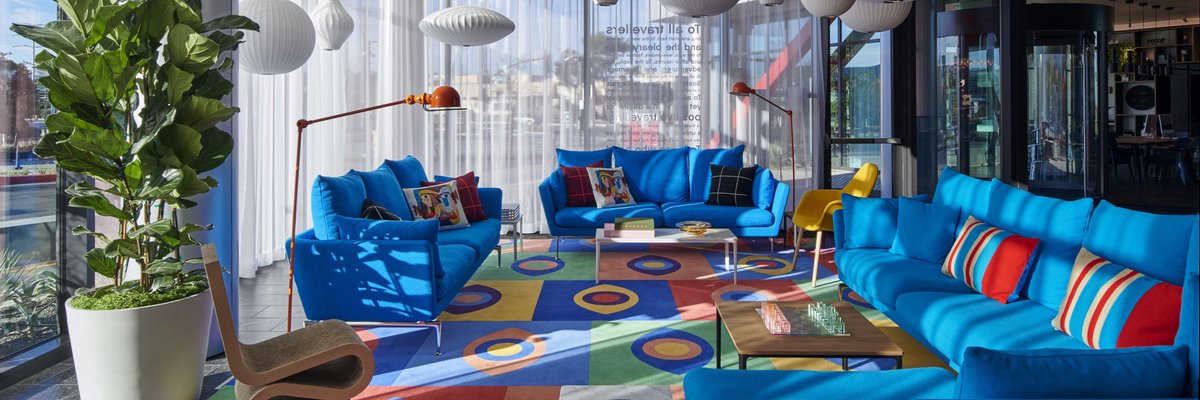A few years ago, one of the general partners atTrinity Ventures, Dan Scholnick, started floating the idea to his colleagues that the VC firm should expand from its headquarters on Sand Hill Road by establishing a beachhead in San Francisco.
At first, the other partners didn't see the need, but during 2010-11, something started to change.
“We started to realize that we all were spending a lot of time in the city with our portfolio companies,” Scholnick told me over coffee on Valencia Street recently. “I have six portfolio companies here myself. We saw that there is more activity in the city than at any time since the late 1990s."
The result is that today Trinity has a San Francisco office, called Dolores Labs, in a co-working space and currently hosts six startups in addition to the VC operation.
It has an open feel, with bookshelves and plants breaking up the space into small clusters of desks manned by entrepreneurs.
Surprisingly, none of the six startups are Trinity-funded companies, which challenges the stereotype that venture capitalists are only in it for the short-term. The VC firm subsidizes its tenants by reducing the cost per desk to $350, from the going rate at co-working spaces in the city, which is around $500.
“Our goal is to help them at an early stage get off the ground,” says Scholnick. “It’s consistent with our strategy, because we are a very relationship-oriented firm. We form deep relationships with the entrepreneurs we fund, as opposed to being a transactional type firm.
“At the same time, we can only make eight to ten new investments each year, so Dolores Labs allows us to have that same type of engagement with more companies than we can fund at any given moment.
“There’s no profit in this for Trinity, but we feel it’s good for us to be part of the San Francisco ecosystem, it’s good for the Mission, where I live, and it is beneficial in the long run to what our firm is all about."
Dolores Labs is also a tribute to one of Trinity’s favorite portfolio companies, CrowdFlower, and its founder Lukas Biewald.
In its early days, CrowdFlower was called Dolores Labs and occupied the space that is now Trinity’s office. Biewald invited other entrepreneurs to share the space with his group as they built themselves into a technology platform that today crowdsources out small tasks to a workforce of two million around the world.
One of the startups that worked in the Dolores Labs of that iteration became Samasource.org, a nonprofit (and CrowdFlower partner) that has pioneered what it calls "microwork" to enable people to complete digital tasks in some of the world's poorest regions.
“We wanted to use this space to recreate the culture Lukas built in the original Dolores Labs,” Scholnick explains,” as opposed to the more hoteling atmosphere at some co-working spaces. Here, it’s a collaborative, relationship-oriented culture, with great camaraderie. It’s a group of entrepreneurs going through a shared experience, one they’ll always remember.”
Dolores Labs has a few of what Scholnick, a former software programmer, calls “light-weight rules,” the most important of which is confidentiality, given the highly competitive nature of the world of startups: “What happens at Dolores Labs stays in Dolores Labs.”
Scholnick clearly relishes getting to know the entrepreneurs under his wing at the space, biking with them on weekends and watching the NFC championship game with them recently. Two of the companies at the space were recently acquired, one by LinkedIn, the other by Facebook.
Dolores Labs is just one of a number of incubators, co-working spaces, and similar outfits that are helping to enable the technology boom that has swept through numerous neighborhoods, including the Mission, over the past two years.
“Unlike the dot.com bubble, this time I think it has much more staying power,” says Scholnick. “Most of the creative companies that are getting funded today are in San Francisco, not Silicon Valley.”
He says this is stands in contrast to the dot.com boom of the 90s.
“Back then, the only startup in the city I can think of that proved to have staying power was Salesforce.com. But now the city is the base for some really successful startups that are becoming big companies, and are attracting a whole ecosystem of smaller companies around them.
“There’s Zynga, Twitter, Airbnb, Dropbox, to name a few. This boom is not a house of cards – it’s here to stay. These companies will want to keep a significant presence in the city and will spawn lots of new startups along the way.”
As we finished our coffees, he looked around and smiled. “At more than one point I’ve thought I could source deals just by going around in a place like this and talking to the various people clustered around a laptop.”
Glancing at a few of the hopeful young people seated nearby, I replied, “ And I bet they wish you would.”



